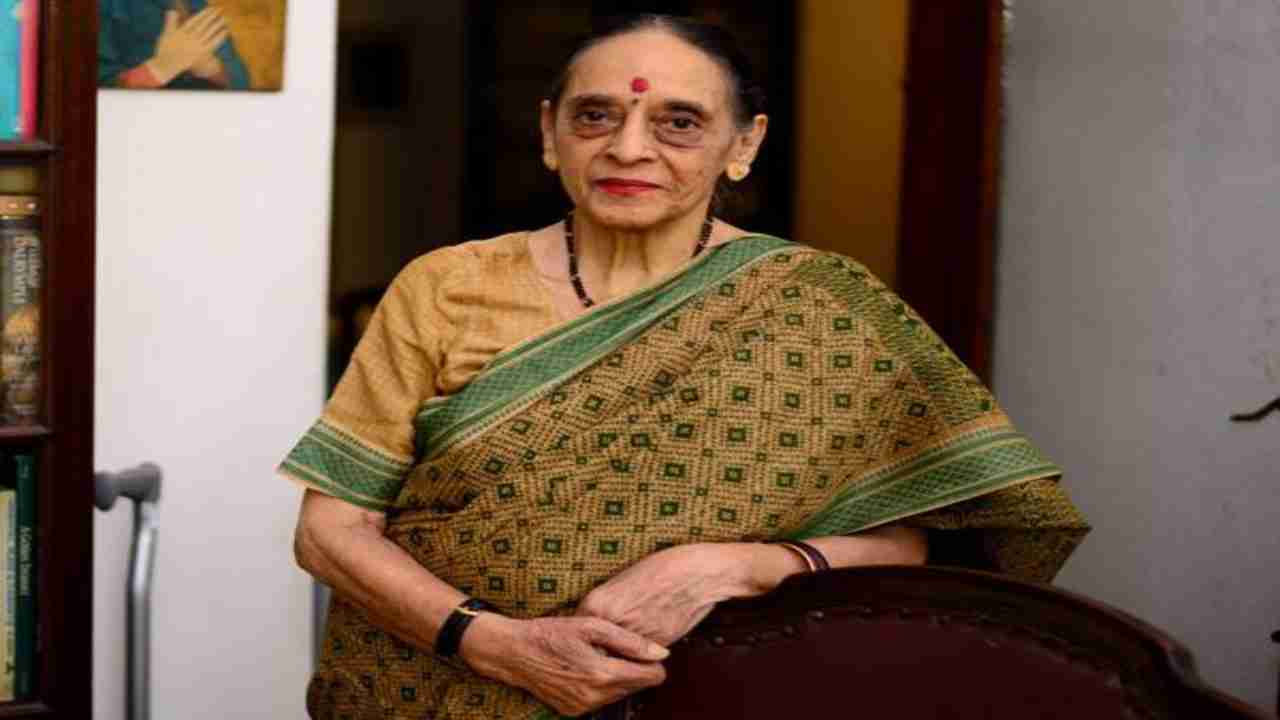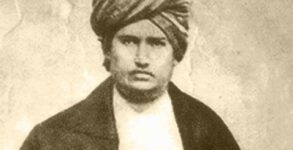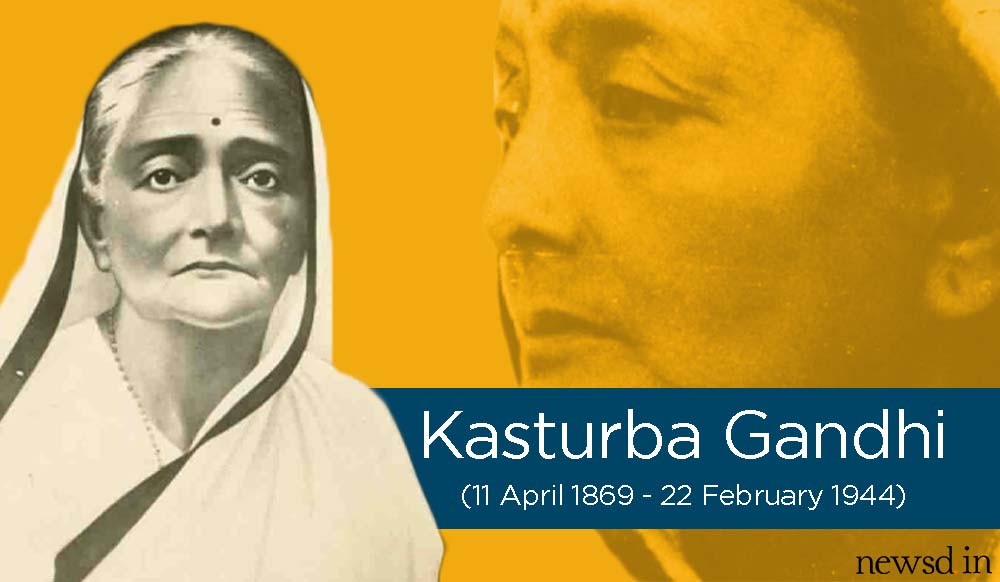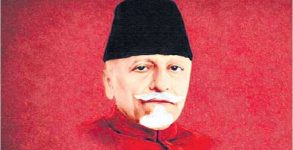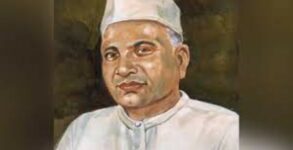Remembering Justice Leila Seth: We live in a world where women are expected to take a back seat, where they are expected to put others before themselves, where they are considered valid only when they fulfil the roles of wives and mothers. It was Justice Leila Seth’s passion, courage and resoluteness that forced society to give up its inhibitions and make way for a woman so strong that she changed the legal landscape in India.
Leila Seth could be called a pioneer in carving out a path for feminism in India, for she believed in herself when all odds were against her, and defied all that people told her to. In 2017, women in law are still viewed with more scrutiny than their male counterparts, but Leila Seth’s conviction in women’s abilities and her active presence in women’s issues has drastically changed regressive outlooks towards female lawyers.
Leila Seth was known to be a successful member of the Indian Judiciary, the first of her kind, she was also a loving wife and caring mother. Leila Seth never shied away from speaking for the rights of minorities, and is known for her many contributions to changing regressive laws, sexual offences, and property.
She was versatile in handling her field and was a voice of reason to lawmakers and the people. Leila was the first woman to be made judge of the Delhi High Court and was the first woman to be made a Chief Justice of a State High Court. A student, lawyer, judge, and a writer, Leila Seth took on many roles in life and exceeded everyone’s expectations.
Who is Leila Seth? All about the first woman judge of Delhi High Court
“Mother-in-Law”: Early Years
Leila Seth was born in October 1930 to a family that was delighted to have a girl after having two boys. Her father worked in the Imperial Railway Service. Leila always stated that the bond between her father and her was a special one, and so her family was devastated when she lost him at the mere age of 11. Her father and mother held progressive ideals, and made sure that Leila was treated the same way that her brothers were and they were encouraged to imbibe the values of equality as they grew up.
After her father died, her mother struggled with very little money but managed to educate Leila in Loreto Convent, Darjeeling. After finishing her schooling there, Leila began working as a stenographer in Kolkata. She was introduced to her husband Prem Seth and soon they were engaged and had what she likes to call a “semi-arranged” marriage.
A few years later, Leila and Prem moved to London where Prem was working at Bata. She realized that London meant a great opportunity to study further but since she had a baby by that time, she shortlisted careers that would not require her to attend classes. And that’s how she narrowed down on law, simply because it was something one could do from home!
She managed to attend classes whenever she could, and at the mere age of 27, Leila had become the first woman to top the London Bar exam. This was the very beginning of her illustrious and influential career as a legal practitioner and jurist. The papers had published a photo of her with her first child and titled it “Mother In Law” as a play on words. Some newspapers had even expressed that it was regretful that a married woman had topped the London Bar, for they feared this would be futile.
A Law of Men: Her Career and Struggles
Leila and Prem Seth moved back to India soon after Leila had passed her bar exam. Many would not know this, but she was also selected for civil services as an IAS officer. However, in pursuit of a career in law, she began practicing in Patna. She initially worked under a senior lawyer, named Mr. Sachin Chaudhary, and she recounts her experience like this “Looking at me, he asked, “Why are you here, go and get married”. I said I am married. He said, “It is important to have children”. I said “I have a child”. Then he said, “Look it is unfair on the child not to have siblings, you should have two…”, I said, “I have three children “… then he couldn’t say anything.” Immediately after this she began working with him because he recognised her drive and spunk.
For 10 years, she worked at the Patna High Court. Initially, she would not get much work in the High Court, and most men would be surprised to see her there. The lawyer who would brief her on some work would often have difficulty in explaining to clients that their case would be handled well even if it was handed over to a woman. She faced many problems because of these notions, and she recalls a time where she and a client kept insisting on a male lawyer’s opinion on the case that she had worked hard on, and she wasn’t getting paid due to these demands. And once a senior male counsel had looked at the work, all that he said was that he endorsed the opinion that Leila had. Facing dejection in this form was tough, but that didn’t break her spirit.

